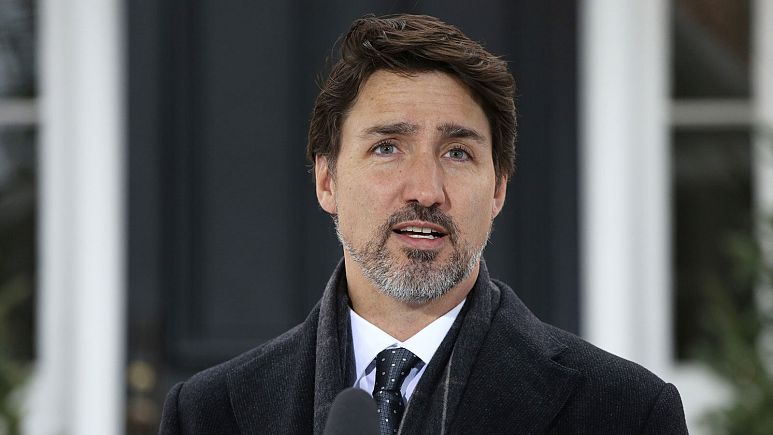Canada Prime Minister Justin Trudeau
has introduced a long-promised ban on assault-style weapons following
the country's worst gun massacre in April.
New rules would make it illegal to sell, transport, import or use 1,500 varieties of assault weapons.The ban is effective immediately but there will be a two-year amnesty period for law-abiding gun owners to comply.
Mr Trudeau also said he would introduce legislation, which has yet to pass, to offer a buy-back programme.
Unlike the US, gun ownership is not enshrined in Canada's constitution, but gun ownership is still popular, especially in rural parts of the country.
Mr Trudeau made a point of saying that most gun owners are law-abiding citizens, but argued that assault-weapons serve no beneficial purpose.
"These weapons were designed for one purpose and one purpose only — only to kill the largest amount of people in the shortest amount of time," he said in a press conference on Friday.
"You don't need an AR-15 to bring down a deer."
The call to ban assault weapons was heightened after a number of high-profile shootings -- in 2017, at a mosque in Quebec, in 2018 on a commercial street in Toronto and most recently, in a rampage across the province of Nova Scotia that became the deadliest shooting in Canada's history.
RCMP have said that the shooter was not licensed to own firearms, but had what appeared to be an assault-style weapon, as well as other guns. The RCMP did not specify which kind, so it is unknown if it will be covered by the ban.
Mr Trudeau campaigned on the ban ahead of last November's election, and he said he was planning on introducing the ban in March, but it was delayed because of coronavirus.
His government had already expanded background check requirements and made it tougher to transport handguns, prior to November's election.
More than 80,000 of these weapons are registered with the Royal Canadian Mounted Police.
The government is able to ban the weapons immediately through current regulation, but a buy-back programme would require multi-party support in parliament and would likely cost the government hundreds of millions of dollars.
https://www.bbc.com/news/world-us-canada-52505765

